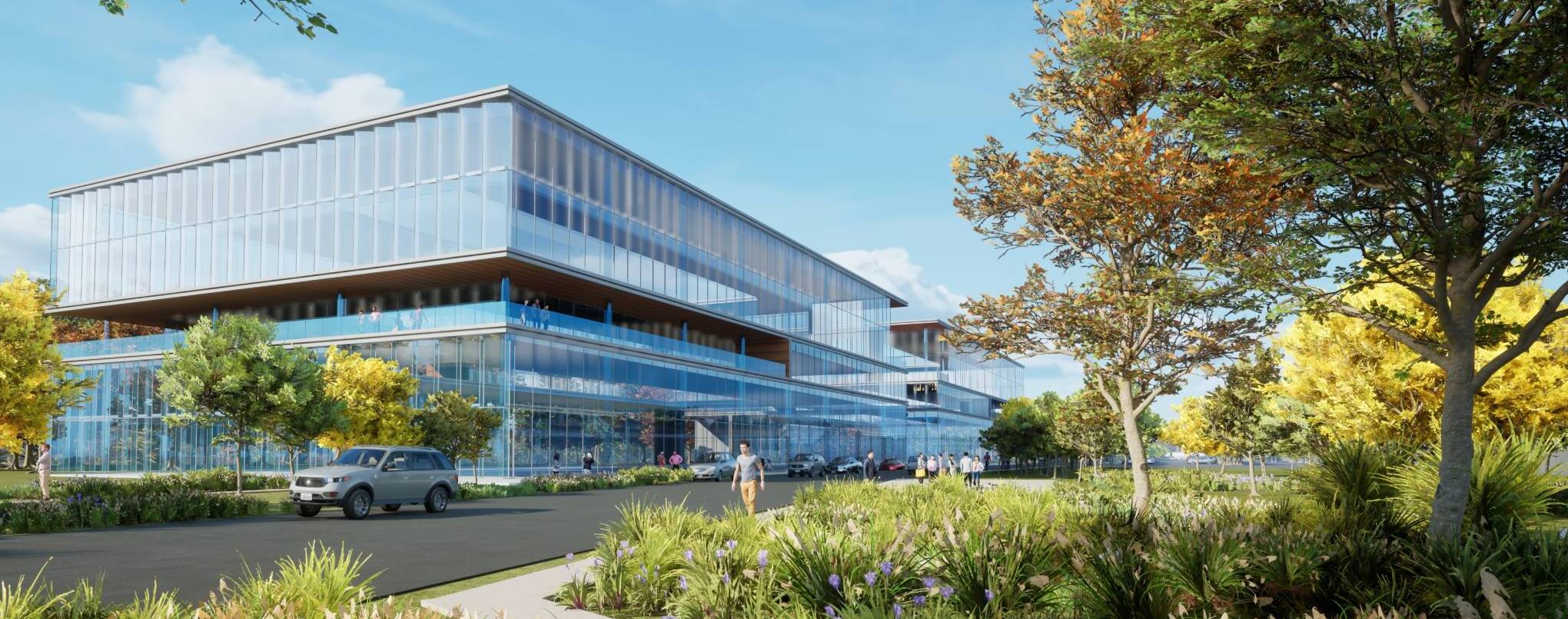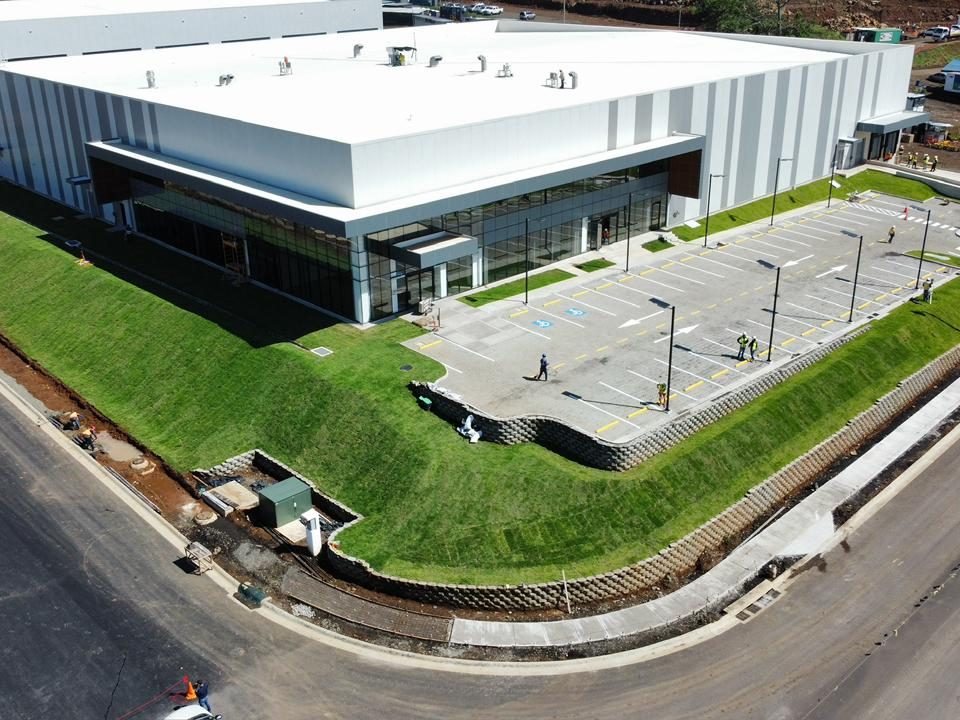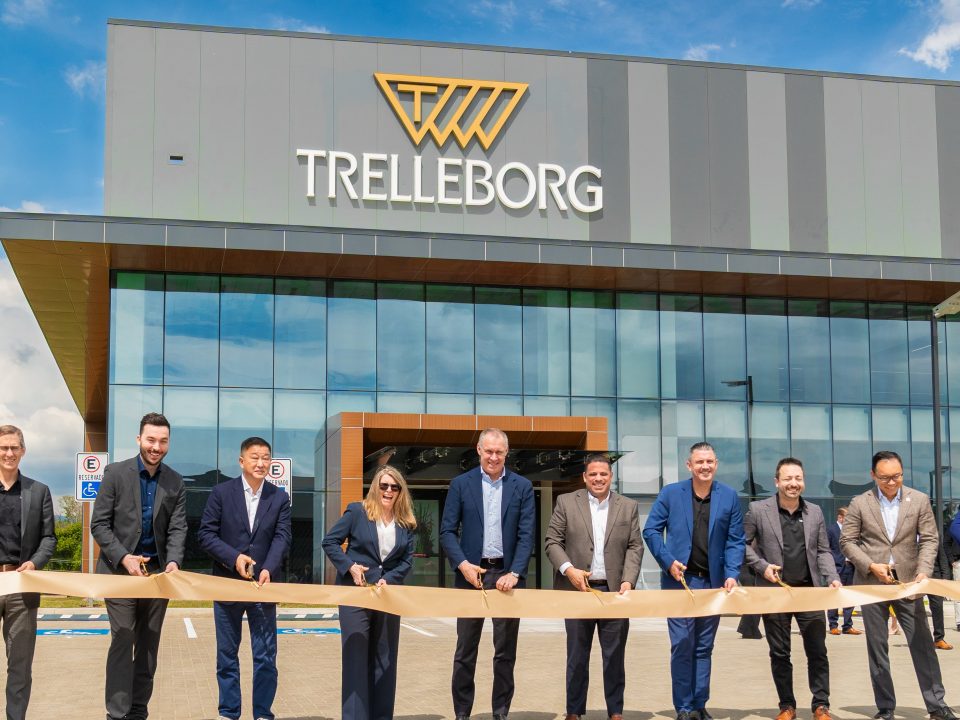

News
Intricon will establish operations in Evolution Free Zone
10 de August de 2023
Our Commitment to a Sustainable Future:Presentation of CODE Development Group’s Sustainability Report
23 de August de 2023The Path Towards the Evolution of Free Trade Zones
August 2023. Free Zones are an engine of social and economic development in Costa Rica, and the numbers prove it. They contribute 15.2% to the Gross Domestic Product (GDP) and represent 57% of the country’s total exports.
They have consolidated their position as social progress boosters, through the more than 164 thousand direct jobs and close to 57 thousand indirect jobs generated by the Regime, including 44% of positions occupied by women, helping to reduce the gender gap that the country shows at the labor level. They also contribute more than $1,064 million annually to social institutions such as the CCSS (Costa Rican Social Security Administration), FODESAF (Familly Allowances Fund), INS (National Insurance Institute) and IMAS (Joint Institute for Social Assistance).
The 412 companies located in the 52 Free Trade Zone parks are leaders in their respective sectors, generating knowledge transfer and the development of technical training for the Costa Rican labor force, allowing workers to obtain quality employment.
This contribution is fundamental in a changing global context that represents new challenges for the country, but also new opportunities. For this reason, Free Trade Zones are evolving to become integral players in their sustainable development.
Free Trade Zones must generate a better quality of life for people
Free Trade Zones must continue to lead by example, moving from intention to actions that move the needle and contribute to the fulfillment of the United Nations Sustainable Development Goals.In this direction, we must be guided by sustainability as a fundamental axis of each element in the value chain of our operations. Technology today allows us to have greater resources to measure and analyze our actions, thus leading to initiatives of greater effectiveness and social, environmental and economic impact.
The growth of tools such as the internet of things and data analytics, also give us the possibility of creating integrated and intelligent ecosystems, in which we can optimize operational processes to prevent risks and reduce the impact generated by inefficiencies in supply chains.
After the pandemic, the growth of new employment formats has generated new job opportunities in all regions of the country . Using immersive technology, it is now possible to conduct training in highly complex processes from any place with connectivity, becoming faster and more effective processes. Likewise, artificial intelligence becomes a new ally that empowers the human capacity to solve from daily tasks to the great global challenges.
Above all, the essence of the evolution of Free Trade Zones is their capacity to generate a better quality of life for people and particularly our nearby communities, permeating into better human development indexes. Costa Rica has stood out worldwide as a preferred destination for large companies in the world, thanks to the high value of its human talent, technical knowledge, training, and drive for constant improvement.
The next generation of Free Trade Zones must be driven by sustainability, technological innovation and human talent, aspects that will allow us to better fulfill our mission to have an impact with quality jobs and social progress, accompanying Costa Rica to become a country of opportunity for future talents.
Carlos Wong
Managing Director, CODE Development Group




